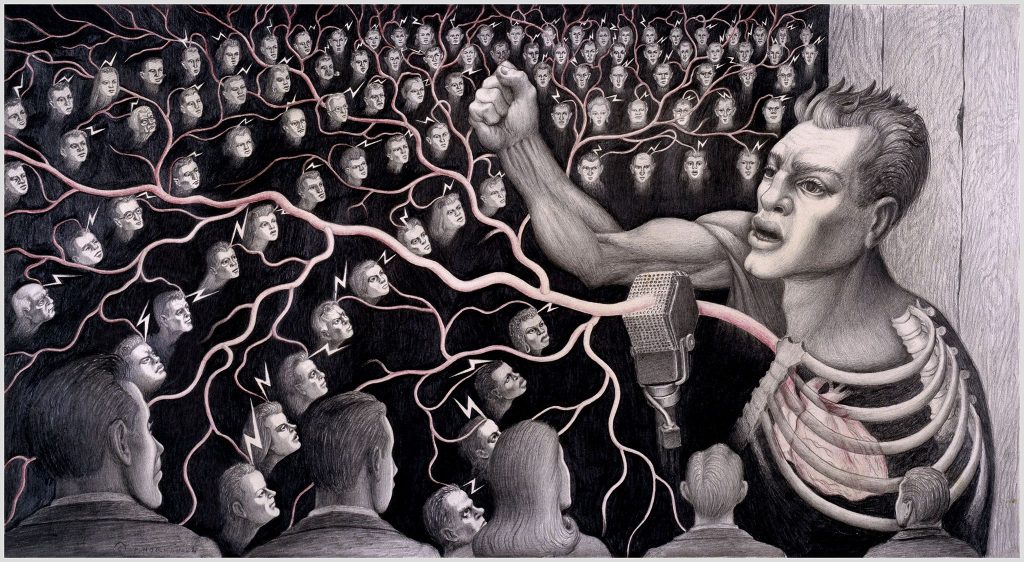Quick Links
Useful Links
- Services
- Privacy Policy
- Terms & Condition
- Contact Us
Get in Touch with Us
- support@dummyEmail.com

In Allen Odom’s “Sword, Crown, and Quil”, power and leadership aren’t just earned through action or skill; they’re often passed down through bloodlines. Characters in this world are born into roles that define their paths long before they even have a chance to choose. Some are heirs to thrones, others to noble lineages or ancient responsibilities, and nearly all must wrestle with the tension between what they want and what others expect of them. This inherited power is not painted as a privilege alone; it’s a weight, a responsibility, and sometimes even a curse.
One of the central characters in the story grapples with the heavy burden of living up to a legacy they never chose. While being born into privilege or power might appear enviable from the outside, the narrative quickly uncovers the emotional weight such circumstances impose. What others perceive as a golden opportunity is, for the character, a cage forged from expectations and tradition. Every action is scrutinized, every choice compared to the standards set by predecessors. The individual becomes a vessel for the ambitions of those who came before, rather than being free to chart their own course. Leadership, in this case, is not a role taken on voluntarily but a mantle thrust upon them—often before they fully understand who they are. Personal desires and vulnerabilities are suppressed in favor of maintaining a polished image, and any sign of doubt is seen as weakness. The character is not allowed to fail, not allowed to question, and not allowed to be anything less than perfect.
This theme resonates strongly in the real world. Across the globe, positions of influence are frequently inherited rather than earned. In politics, we see the rise of family dynasties where children of prominent leaders are expected to continue the legacy, regardless of their aptitude or passion. Monarchies institutionalize this pattern, with titles and responsibilities passed down by birthright alone. The business world mirrors this dynamic, with family-run conglomerates often grooming heirs to assume control. While some may thrive under such structures, many others struggle silently, caught between societal admiration and personal turmoil. These real-life parallels underscore the story’s message: that inherited power, though outwardly impressive, can be deeply isolating and emotionally confining.
This kind of inherited role can create severe emotional challenges. People born into high-profile families are expected to carry their family’s reputation without complaint. Their mistakes are magnified, and their successes are often dismissed as simply the result of privilege. These individuals frequently struggle with internal battles over self-worth and identity. Are they respected for who they truly are, or for the name they carry? This can lead to a deep sense of impostor syndrome, even when their achievements are their own.
In the story, some characters deeply question the foundation of inherited power, asking whether legacy should truly outweigh personal choice. They wonder if being born into a role automatically makes someone more deserving of leadership, or if it merely perpetuates outdated systems. This theme reflects ongoing real-world debates: should someone inherit a business, title, or leadership position solely because of their family name? Is it just for a company to be passed down through generations, even if the heir lacks the passion or qualifications to lead? And should monarchies or similar institutions persist in modern societies when their relevance and effectiveness are being increasingly questioned?
However, the narrative is not without hope. Throughout the story, certain characters break free from the weight of their inheritance. They choose not to be defined by their lineage, but rather by their actions and values. This transformation is both inspiring and important—it suggests that while inherited roles can shape one’s beginning, they do not have to dictate the end. People can rise above their circumstances, forge their own identities, and challenge the norms that were handed down to them.
This message resonates strongly in today’s world, where many individuals feel bound by the expectations of family, culture, or tradition. These obligations may not take the form of a crown, but they are just as powerful. The book invites readers to reflect on how these inherited roles influence their decisions and sense of self. More importantly, it empowers them to consider how they might step beyond those roles. Inherited leadership or legacy may provide a starting point, but it should not be the sole measure of one’s worth or potential. Identity is not fixed—it is shaped by choices, courage, and the willingness to change the narrative.
What this book offers is not a simple answer, but a challenge. It invites us to examine closely how society passes down power and what that does to individuals. It asks whether we judge people fairly when they come from a privileged background and whether we allow them the freedom to be something different. And it reminds us that even those born with crowns must fight to earn their place, not just in history, but in their own hearts.
we’ll send you a nice letter once per week. no spam.
© Copyright 2025 allen odom . All Rights Reserved
